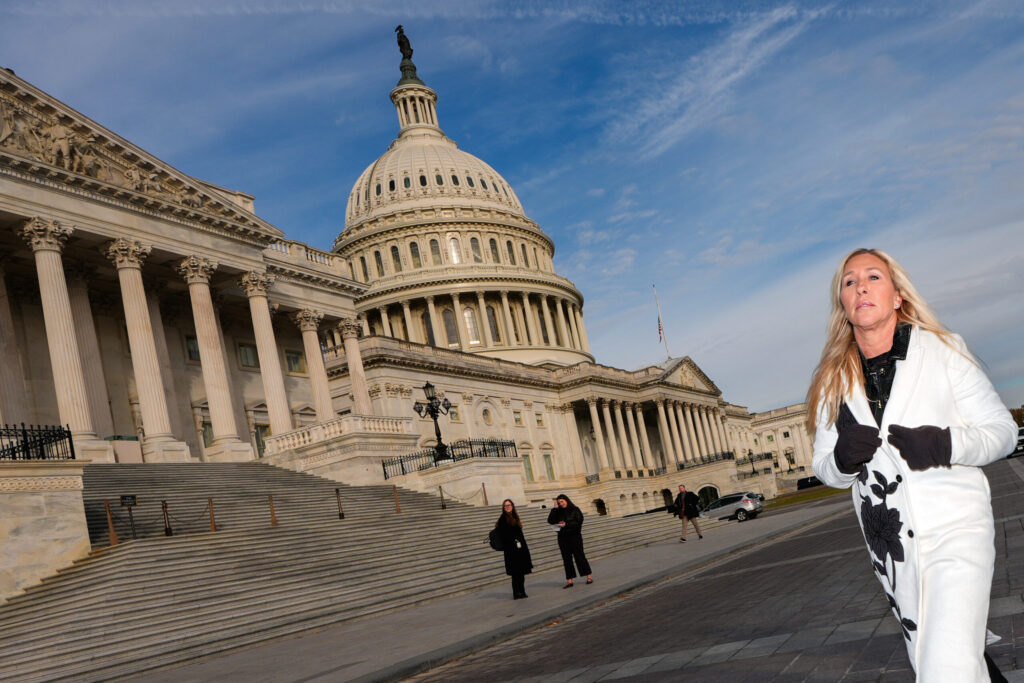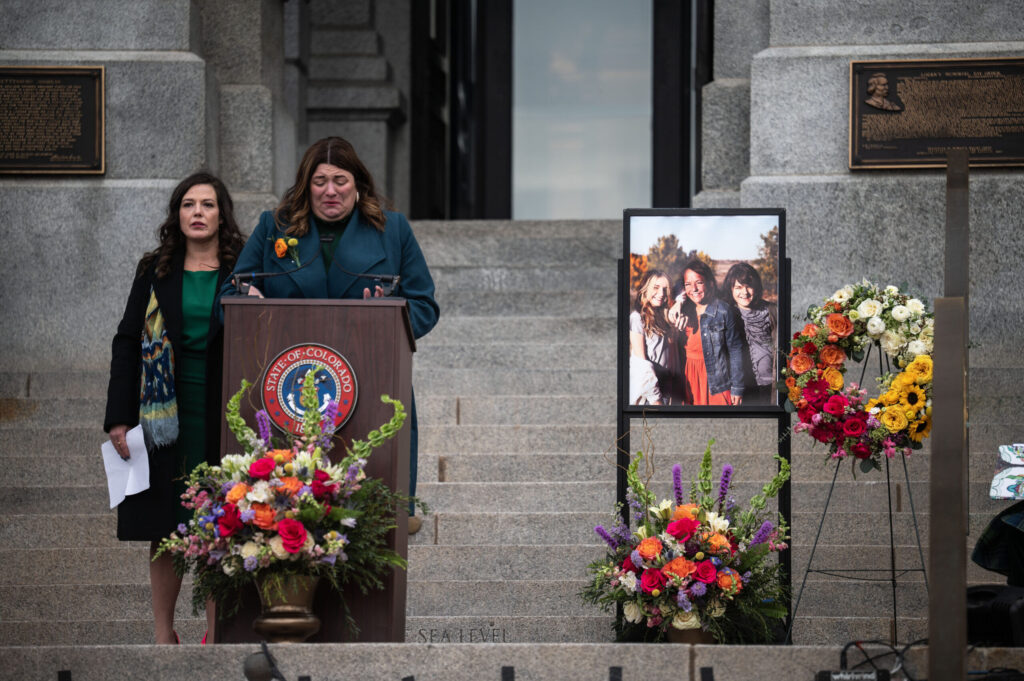Govs. John Hickenlooper, John Kasich creating Obamacare rescue package
Ohio Gov. John Kasich said he and Colorado Gov. John Hickenlooper are planning to release proposals as early as next week on how to repair Obamacare’s exchanges.
“We’re getting very close,” Kasich, a Republican, said in a joint interview with Hickenlooper on Colorado Public Radio on Monday. “I just talked to my guys today, men and women who are working on this with John’s people, and we think we’ll have some specifics here … I think we could have it within a week.”
They would provide their proposals for Congress to consider when they return from recess in September. Because of the uncertainty over the future of Obamacare and a lack of robust enrollment, insurers have fled the exchanges, where people without health insurance from a job can buy tax-subsidized coverage. Many insurers are planning double-digit increases on unsubsidized premiums.
Though customers who use the exchanges currently have at least one insurer to choose from in every county, some may have to pay more for their coverage or change doctors or hospitals when they change plans. Uncertainty over various factors also means the landscape could change quickly, resulting in more people becoming uninsured.
Kasich said he was optimistic that he and Hickenlooper, a Democrat, would be able to come to an agreement that they would send to other governors. He declined to provide specifics about what the plan might include but said it would not be “some pie in the sky, way up there kind of stuff.”
“There will be things that we will address that will have specific solutions,” he said.
He raised the possibility of the exchanges becoming more stable by ensuring that cost-sharing reduction subsidies, which pay for out-of-pocket medical costs, are provided to insurers. President Trump has not committed to paying over the long term but Congress could appropriate them. The Congressional Budget Office estimates that without the funds, 1 million more people could become uninsured in the short term, but that by 2020 rates of uninsurance would decrease. Cutting off the funding for next year would cause insurers to leave the exchanges and raise their rates by an average of 20 percent.
Hickenlooper cited the option of reinsurance, a program that allows federal funds to go directly to insurers so they can pay the claims of higher-cost enrollees and keep costs for healthier enrollees at bay.
Kasich said the proposal would not include ideas on Medicaid because they were focused on stabilizing the exchanges. Both Colorado and Ohio expanded the program to low-income people under Obamacare, though Ohio’s legislature tried to scale back its program as part of a budget-saving measure, a move Kasich vetoed.
“That should come later as part of an overall entitlement reform package,” he said of making changes to Medicaid.
He admitted that he and Hickenlooper disagree on the individual mandate that requires people to buy insurance or pay a fine, but they agree on increasing the threshold for the employer mandate, which requires employers with more than 50 full-time workers provide coverage.
“The key here is bipartisanship,” Hickenlooper said. “And that doesn’t just immediately blossom forth. There are some things that Gov. Kasich’s people disagree with our people on. We are trying to work through those things and figure out, ‘How can we make more stable the private insurance exchanges but at the same time recognize that we’ve got to control costs?'”
Members of the Senate Health, Education, Labor and Pensions Committee have said they are committed to fixing the exchanges when they return to Washington in September and have scheduled hearings for Sept. 6 and 7, but other lawmakers have pushed to reignite efforts to to repeal and replace the law.











